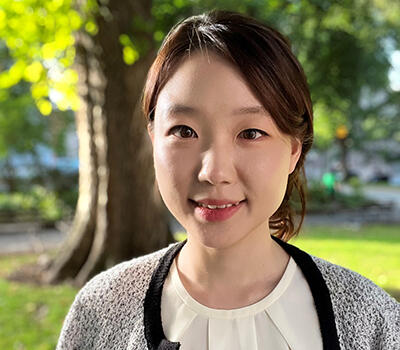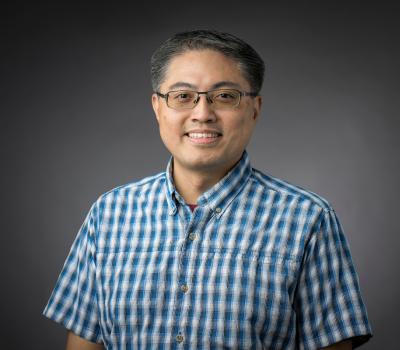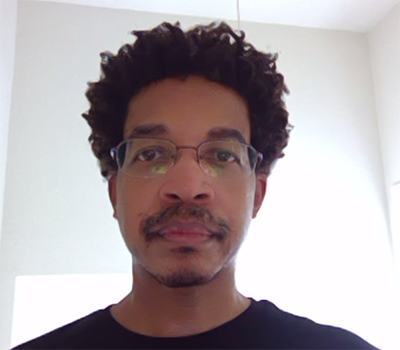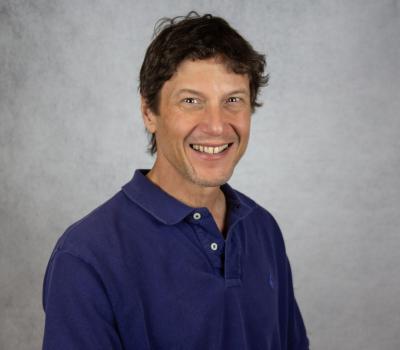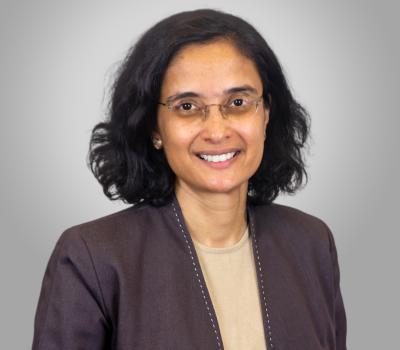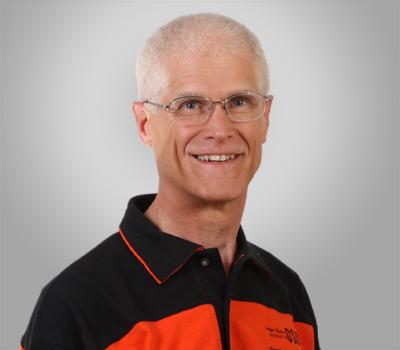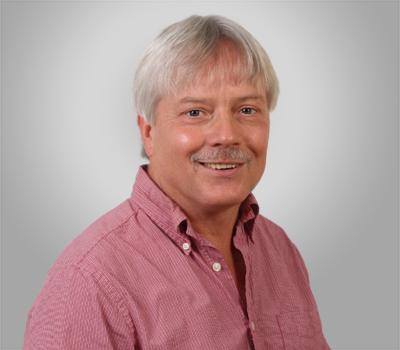Electronic Materials and Devices
Innovations in the area of material and devices are the starting point for future advances in electronics. Improvements in microprocessors speed, solar cell efficiency, and data storage capacity, for example, all depend on advancements in electronic materials and revolutionary device design. This area focuses on how semiconductor devices (such as transistors, diodes, LEDs, solar cells and sensors) work and how they are built. Introductory courses explain the important characteristics and properties of electronic materials: semiconductors, metals and insulators; and how these materials are used to make electronic components and integrated circuits. Higher level courses specialize in particular areas such as optoelectronics, semiconductor processing, magnetics, sensors or nanotechnology. In the undergraduate semiconductor fabrication laboratory, students get hands-on experience with semiconductor processing equipment in the “clean room” to fabricate working diodes and transistors. The OSU faculty members in this area are recognized internationally for their innovation and impact – from discovering new materials to founding new companies.
Undergraduate students interested in pursuing a graduate degree are encouraged to talk to the faculty member about gaining valuable experience as undergraduate research assistants in the Materials and Devices laboratories.
Potential Job Opportunities
- Device engineer: models and designs electronic devices to meet performance requirements such as power consumption, operating voltage and integrated chip area.
- Process engineer: develops and maintains the manufacturing process for integrated circuits, displays, or other electronic components.
- Equipment engineer: designs tools to build electronic components and to measure their properties (electrical, optical, magnetic, thermal or mechanical).
- Integration engineer: responsible for systems-level testing and optimization.
- Test engineer: develops and applies test protocols for materials and devices during the course of production.
- Yield-reliability engineer: ensures that integrated circuits and electronic devices can be produced repeatably in manufacturing with minimal defects.
- Product engineer: develops products, using knowledge of device design, testing and manufacturing.
- Sales engineer: explains the capabilities and advantages of a company’s products or services to potential customers.
Potential Employers
- Applied Materials
- Boeing
- Freescale
- Hitachi
- HP
- Hynix
- IBM
- Intel
- Jireh Semiconductor
- MAXIM
- Microchip Technology
- Micron Technology
- National Semiconductor
- On Semiconductor
- Planar
- Seagate
- Sharp
- Siltronic
- Solaicx
- SolarWorld
- Sun
- Tektronix
- Texas Instruments
- TriQuint Semiconductor
- WaferTech
- Western Digital
Courses
Core
- ECE 390 (Electromagnetics)
- ECE 416 (Electronic Materials and Devices)
- ECE 417 (Basic Semiconductor Devices)
- ECE 418 (Semiconductor Processing)
Electives
- ECE 422 and 423 (CMOS Integrated Circuits I and II)
- ECE 411 (Engineering Magnetics)
- ECE 413 (Sensors)
- ECE 415 (Material Science of Nanotechnology)
- ECE 482 (Optical Electronic Systems)
- ECE 483 (Guided Wave Optics)
- CH 411 (Inorganic Chemistry)
- CHE 444 (Thin Film Materials Processing)
- PH 314 (Introductory Modern Physics)
Faculty
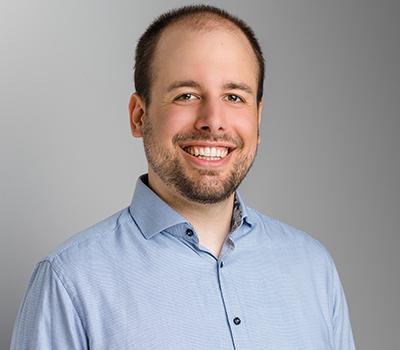
Vincent Immler
Assistant Professor
vincent.immler@oregonstate.edu
Research Groups
Electronic Materials and Devices | Integrated Electronics | Cybersecurity

Matthew Johnston
Professor
matthew.johnston@oregonstate.edu
Research Groups
Electronic Materials and Devices | Integrated Electronics | Health Engineering
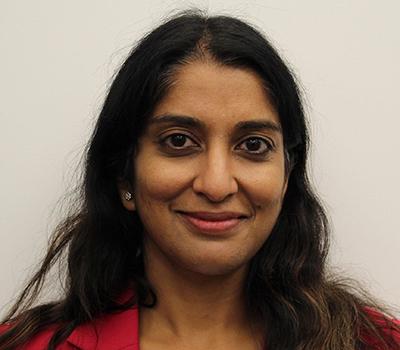
Nirmala Kandadai
Assistant Professor
nirmala.kandadai@oregonstate.edu
Research Groups
Electronic Materials and Devices
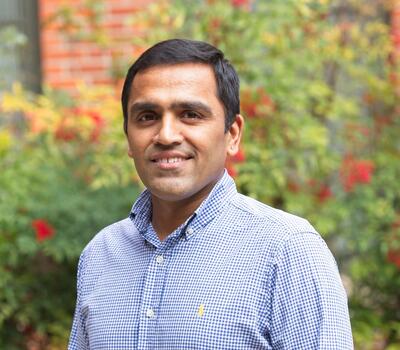
Harish Subbaraman
Associate Professor
harish.subbaraman@oregonstate.edu
Research Groups
Electronic Materials and Devices
